4 Passports for Sale (From $250.000 to $10.000.000)
4 countries, 4 price tags.
Welcome to Digital Citizen 👋
Building companies everywhere showed me success knows no single location or way of thinking.
Right now, you can design life on your terms. Global, smart and intentional.
Digital Citizen guides you to live smarter, work freely, and navigate a borderless world with clarity.
You will learn about residency and visa options around the globe, how to structure your business in a clever way, and how to think big.
Join a community of independent minds shaping a future on their terms 🚀
Different Price Tags
Some passports cost $250.000. Others cost €10 million.
That's a big difference. And people pay these prices for different reasons. Maybe it’s to get more travel freedom. Or it could be for tax benefits or access to safer countries.
This guide looks at four countries that sell passports. You will find out what each passport costs, how long it takes, and exactly what you get for your money.
$250.000: St. Kitts & Nevis
St. Kitts & Nevis is a small Caribbean country made up of two islands.
They have run their passport-for-investment program since 1984, one of the oldest around. Today it is still one of the simplest, quickest, and most affordable ways to buy citizenship.
Why People Buy It
The main reason people buy a passport from St. Kitts is travel freedom. The passport lets you travel visa-free to more than 150 countries. This includes Europe’s Schengen zone, the UK, Singapore, Hong Kong, and other desirable destinations.
Another reason is speed. You can get your passport in just a few months. For anyone who needs quick access to global mobility, St. Kitts offers an efficient solution.
And finally, tax. St. Kitts doesn't tax foreign income or wealth. If your goal is to minimize your tax obligations legally, this passport can help.
Full Cost Breakdown
There are two main routes to citizenship in St. Kitts:
1) Donation route: You make a non-refundable donation of $250.000 to the government. This covers you and up to three family members. Extra fees bring the total cost for a family of four to around $275.000.
2) Real estate route: You buy approved property worth at least $400.000. You must hold this property for at least seven years before you can sell it again. You also pay extra government fees on top, typically $35.000 for the main applicant plus fees per family member.
Additional costs include due diligence fees (background checks), usually around $10.000 per adult, plus legal fees of around $10.000–$15.000.
In total, expect to pay between $275.000 and $450.000, depending on your choice and family size.
Timeline
This program is quick. Once you apply, the average processing time is about 4–6 months. It’s one of the fastest and simplest passport programs available. But you still have to pass a strict background check and verify your funds.
Perks
Visa-free travel to over 150 countries, including Europe, UK, and major Asian hubs.
No physical residency required. You don't even need to visit the island.
No taxes on your overseas income or wealth.
Fast approval process with minimal red tape.
Family-friendly: easily covers spouses, kids, parents, and even grandparents.
Watch Out For This
St. Kitts offers great mobility, but it's not perfect. While the passport is strong, it doesn't allow visa-free travel to the United States, Canada, Australia, or Japan. If these countries matter most to you, this passport alone won’t help.
Another issue: If you pick the real estate route, selling your property later can be tough. The market is limited, and property often loses value because of oversupply.
Finally, due diligence is thorough. If you got past legal issues or questionable sources of money, St. Kitts will likely reject your application.
Ideal Buyer Profile
The St. Kitts passport fits someone who values travel freedom, tax advantages, and speed. It suits entrepreneurs, global citizens, and wealthy individuals who need quick solutions. But if you're seeking a powerful passport with access to the US or Canada, look elsewhere.
If you're after an affordable and simple solution to global mobility, this is probably your best choice.
€400.000: Montenegro
Montenegro isn’t in the EU yet. But it’s knocking on the door.
It offers a mid-priced passport program that could become very valuable if the country joins the European Union. Citizenship here costs about €400.000, placing it comfortably between the cheaper Caribbean options and ultra-expensive European programs.
Why People Buy It
Montenegro’s biggest attraction is its potential EU membership. It’s officially a candidate country. That means a passport from Montenegro could soon grant all the privileges of European Union citizenship, including living, working, and studying across Europe.
Right now, it already provides decent travel freedom, with visa-free access to over 120 countries, including the Schengen Zone. Montenegro is also politically stable, safe, and beautiful, making it an appealing place for investors and families who want a foothold in Europe.
Full Cost Breakdown
The Montenegrin program requires two separate investments:
1) Donation: You must contribute €200.000 directly to the government. This money is non-refundable.
2) Real Estate Investment: You must also buy property worth at least €200.000. Usually, this means buying in less-developed parts of the country. Realistically, legal fees, processing charges, and taxes add another €20.000 to €30.000.
In total, expect to spend around €420.000 to €430.000 for citizenship. For each dependent, there is another €10.000 charged (up to 4).
Timeline
Montenegro’s program is relatively fast. Approval typically takes around six months from application to passport. Background checks are thorough, but the government actively encourages investment and keeps the process straightforward.
Perks
Strong future potential if Montenegro joins the EU soon.
Immediate visa-free access to over 120 countries, including the Schengen Zone.
No requirement to live full-time in Montenegro.
Property investment could gain value if tourism keeps growing.
Stable, safe country with a relaxed Mediterranean lifestyle.
Watch Out For This
The biggest watch-out is Montenegro’s uncertain EU timeline. There’s no fixed date for joining. It might happen in a few years, or it might take longer. So buying this passport for EU benefits involves some risk.
Also, property resale might not be straightforward. Some developments targeting passport buyers are overpriced, making it difficult to recoup your investment later.
Ideal Buyer Profile
Montenegro suits investors willing to accept a bit of uncertainty for the potential reward of future EU citizenship. It’s best for those who want European travel freedom and a European lifestyle without paying millions of euros upfront.
But if your main priority is guaranteed EU access right now, Montenegro isn’t your best option. If you're comfortable waiting and betting on potential, it's a solid choice.
$400.000: Turkey
Turkey has become one of the most popular citizenship-by-investment programs around. And the process is straightforward: buy property, get a passport.
It’s a simple deal and has attracted thousands of buyers.
Why People Buy It
People buy a Turkish passport because it offers a clear, simple route to citizenship. There's no complicated donation process or hidden rules. You buy real estate, hold it for three years, and you get a passport.
The passport itself is decent. You get visa-free travel to over 110 countries. While it doesn’t provide visa-free entry to major places like the EU, the US, or Canada, it's strong enough to make global travel easier. Plus, Turkey is well-connected, stable, and convenient, bridging Europe, Asia, and the Middle East.
Full Cost Breakdown
Turkey offers a straightforward real-estate route:
Buy property worth at least $400.000. You must hold the property for three years before selling it.
There’s also a non-property route:
Invest at least $500.000 into a Turkish bank account, bonds, or a local business. You have to keep that money invested for at least three years.
Expect additional costs like legal fees, government charges, and processing expenses to add about $15.000 to $20.000. So realistically, the total is closer to $420.000 for property, or $520.000 for investments.
What happens to your money after the three-year lock period in Turkey?
For the Property route
The apartment or house stays in your name.
You can rent it out during the hold period if you want.
After three years you are free to sell. The sale price is whatever the market gives you, so you can gain or lose.
Keep it for five years and any capital gain is exempt from Turkish tax.
Bank deposit, bonds, or business route
The $500.000 stays in your own account or investment.
It earns the normal interest or profit share while it is locked.
The bank flags the funds so they cannot be moved for three years. After that you can withdraw every cent plus the interest and move it anywhere you like.
So the money never disappears.
It is simply frozen for three years. After the hold ends you decide whether to keep the asset, cash out, or reinvest. Just remember that property prices and the Turkish lira can move up or down during that time.
All things considered, this is the best deal (in my opinion), since you do not need to “donate” money to any government.
Timeline
The Turkish process usually takes about 8–12 months. It's relatively quick and straightforward. You buy property or invest, submit your paperwork, go through security checks, and then get approved within a year.
Perks
Visa-free travel to 110+ countries, including Japan, South Korea, Hong Kong, and much of Latin America.
Simple property-based citizenship route.
Strategic location between Europe, Asia, and Middle East.
Good place for businesses wanting access to multiple regional markets.
Access to strong healthcare, education, and infrastructure.
Watch Out For This
The biggest issue with Turkey’s passport is limited travel freedom compared to top-tier passports. You won’t have visa-free travel to the EU, US, Canada, or UK. For some people, that's a significant drawback.
Property values also vary. Some citizenship-focused properties are overpriced. Reselling your investment might be challenging, especially if you overpay upfront.
Lastly, Turkey’s political climate can sometimes be uncertain. That doesn't stop the passport from being useful, but it’s something to consider if you prefer maximum stability.
Ideal Buyer Profile
A Turkish passport suits people who want a mid-tier passport without a complicated process. It’s good for investors or families wanting an affordable second home base that also comes with citizenship. It also works for entrepreneurs and investors who need a solid, connected regional hub.
But if your goal is visa-free access to Western countries like the US or EU, Turkey’s passport won't help much. In that case, you'd need to look elsewhere.
It’s also great for people (like me) who have an aversion against the term “donation” when it comes to obtaining a passport.
€7.000.000+: Austria
Austria sells very few passports each year.
The law says citizenship can be granted to people who bring “special benefit” to the nation. In practice, that means investing at least seven million euros in a business that creates jobs or exports Austrian products.
Why People Buy It
An Austrian passport turns you into a full European Union citizen. You can live, work, and study anywhere in the EU or Switzerland. Travel freedom is near-total: roughly one hundred ninety countries require no visa. Investors also prize Austria’s political stability and strong legal system for protecting wealth.
Full Cost Breakdown
There is no donation path here. Your money must go into an active, audited business project. Most applicants spend seven to ten million euros on factories, tech ventures, or large expansions that add clear economic value. Legal, government, and advisory fees add another half million or so. The capital stays at risk like any normal business investment.
What happens to your money?
You retain full ownership of the company shares or other assets you create. Dividends and profits are yours. If the venture succeeds you can later sell the business and recover your capital (minus any market losses or taxes). If it fails, the money is gone. Austria does not refund your investment simply because the passport was issued.
Timeline
Plan on two to three years. First you present a business plan. Then the Interior Ministry runs due-diligence checks and monitors early progress. When the project shows real impact, the federal cabinet votes on your citizenship. Only after that vote do you receive your passport.
Perks
Visa-free or visa-on-arrival travel to almost every country on earth.
EU residence rights for you and your family.
Ability to pass citizenship to future children.
No need to live in Austria before or after approval if you prefer to remain non-resident.
Watch Out For This
Approval is discretionary; even a solid plan can be rejected. Your name is published in the official gazette, so privacy is limited. If you spend more than half the year in Austria you become a tax resident and owe tax on worldwide income. The business must keep operating; shutting it down too soon risks scrutiny.
Ideal Buyer Profile
Ultra-high-net-worth founders or investors who want the strongest possible EU passport and can commit eight-figure capital to a real Austrian venture. Patience with bureaucracy and comfort with commercial risk are essential.
Decide What Is Most Important To You
Speed?
St. Kitts & Nevis is the fastest. Expect four to six months from application to passport.
Visa Reach?
Austria offers near-total travel freedom. About one hundred ninety countries.
Cost for a Family of Four?
St. Kitts & Nevis is the cheapest. Around two hundred seventy-five thousand dollars (plus minus, depending on legal fees).
Non-Donation Route?
Turkey lets you buy property or place cash in a bank and keep the asset after three years. No money goes to the state.
Future Upside?
Montenegro could join the European Union. If that happens, the passport value will rise.
Prestige?
Austria sits at the top. Montenegro and Turkey are mid-tier. St. Kitts & Nevis is lower on the scale but still useful.
Tax?
St. Kitts & Nevis taxes neither foreign income nor wealth.
Closing Takeaway
These four programs show how much a passport can cost.
The range runs from two hundred fifty thousand dollars to more than ten million euros. Each price buys a different mix of speed, travel freedom, and long-term security.
Before you pay anything, see if you qualify for an easier route. Ancestry links, marriage, or legal residence in a country where you already live can be free or much cheaper.
Read more about that here
If you still want a paid program, start with a clear budget and timeline. Match those to the offer that fits best. Then line up solid legal help, check every fee, and plan how to manage your new citizenship for tax and lifestyle.
Questions or stories about these passports?
Reply here.
And if you found this useful, share it with someone who might be shopping for a second home flag ❤️
If you liked this, you might also like …
Thanks for reading and see you soon! ❤️
If you’re enjoying Digital Citizen, tap ❤️ and 🔄 at the top to help more curious minds find their way here. It means a lot.



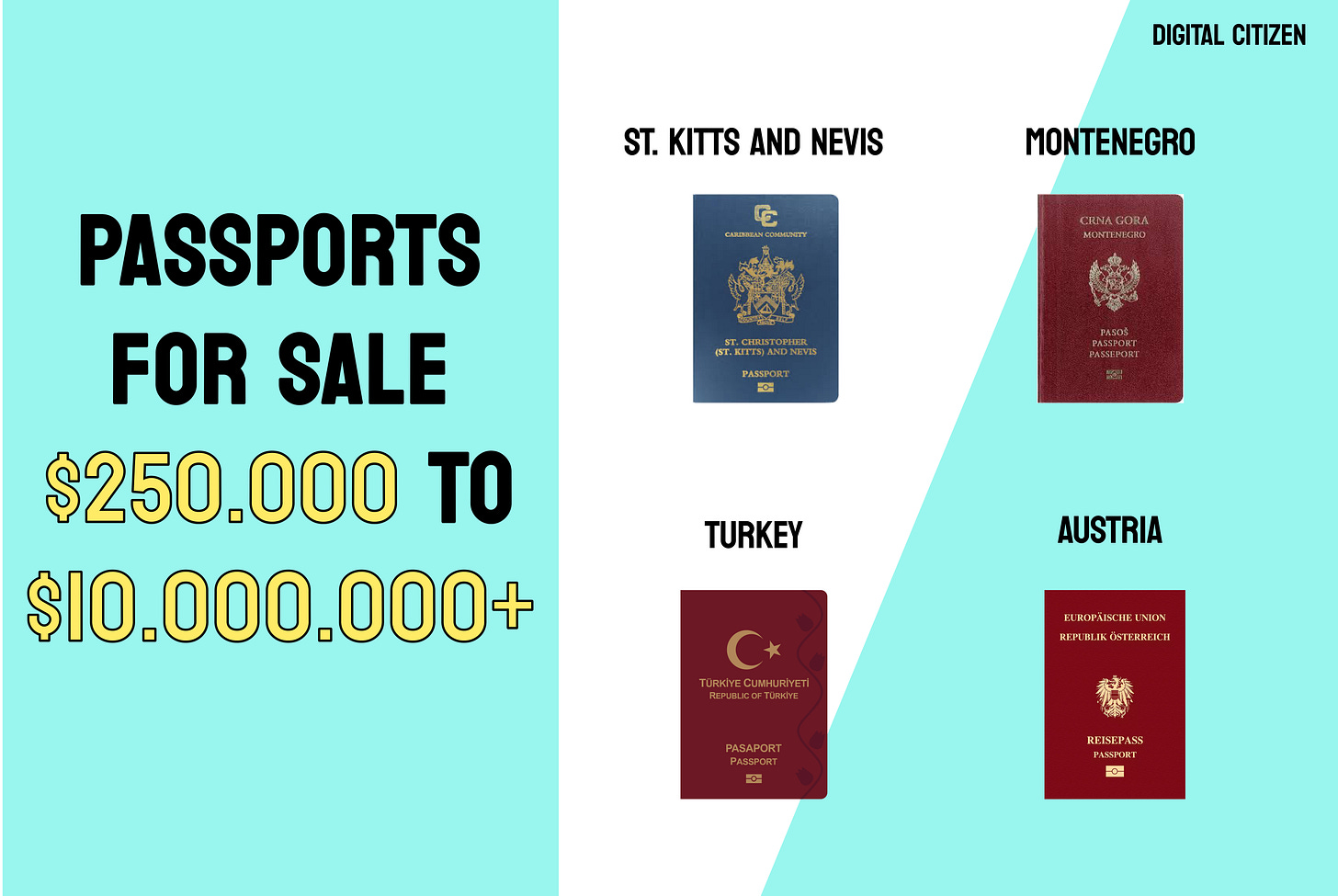
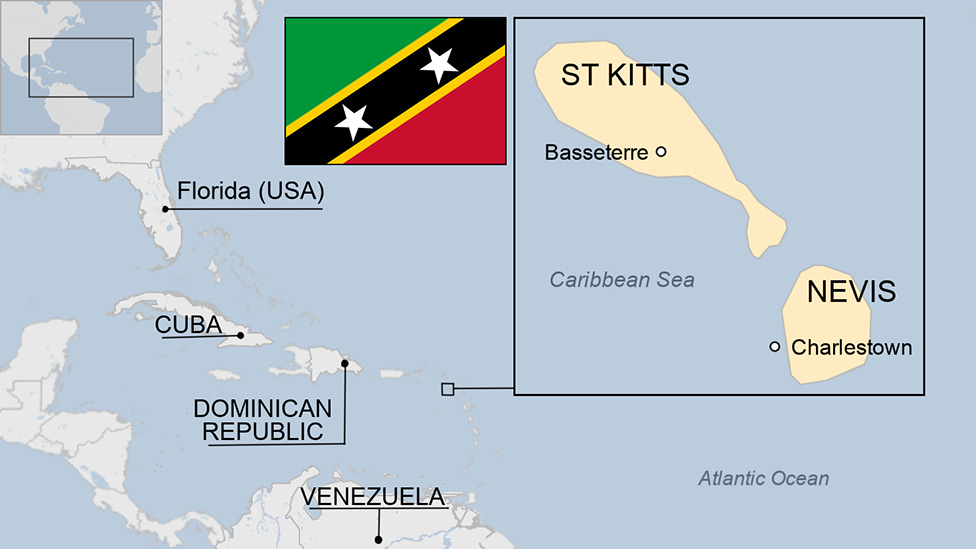
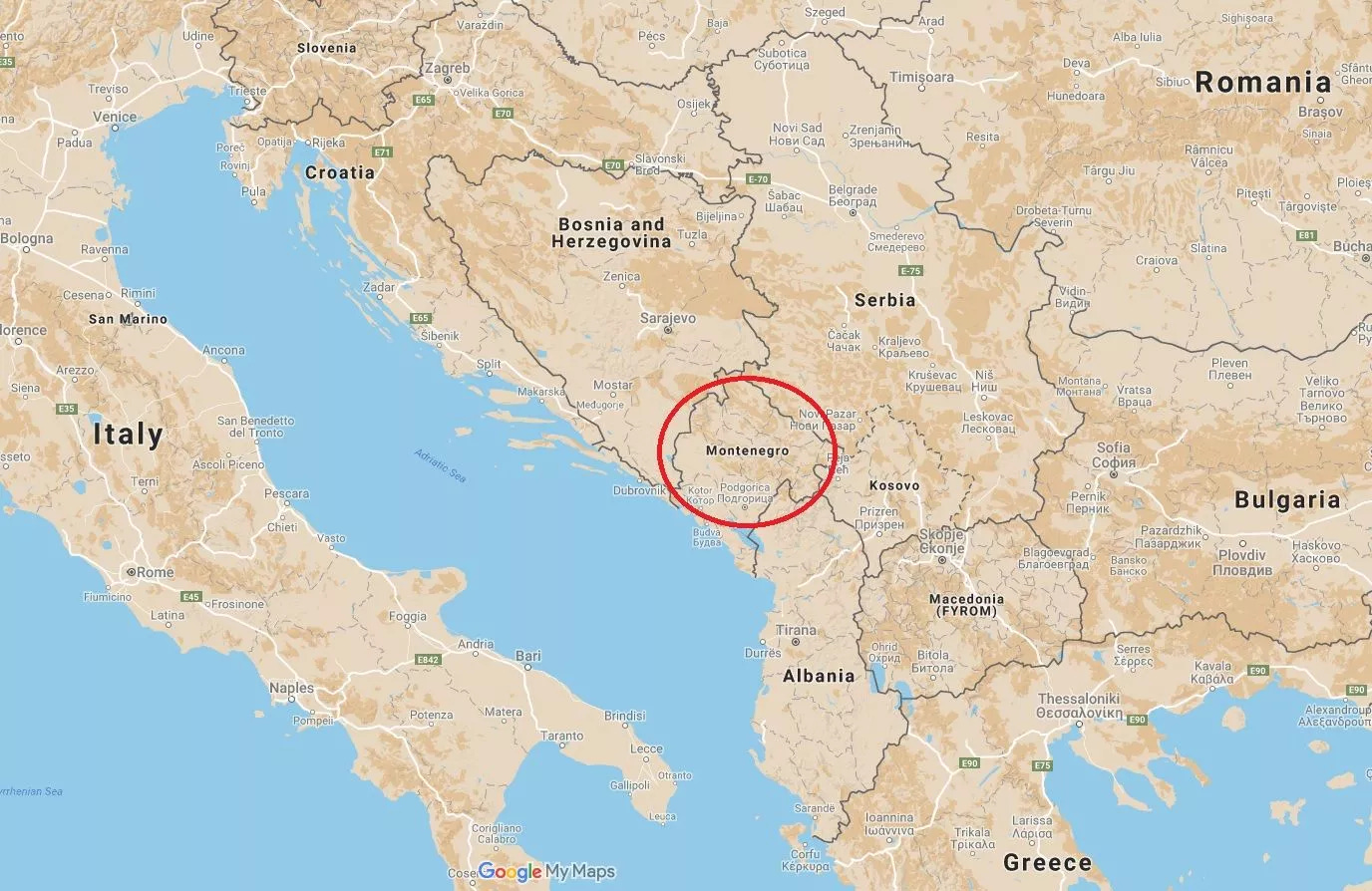
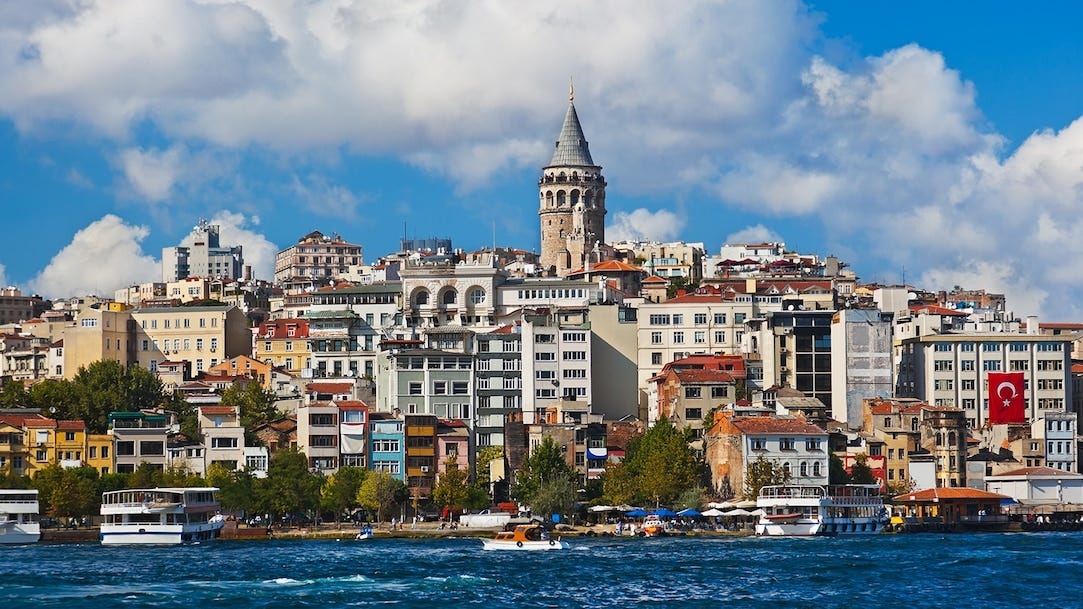
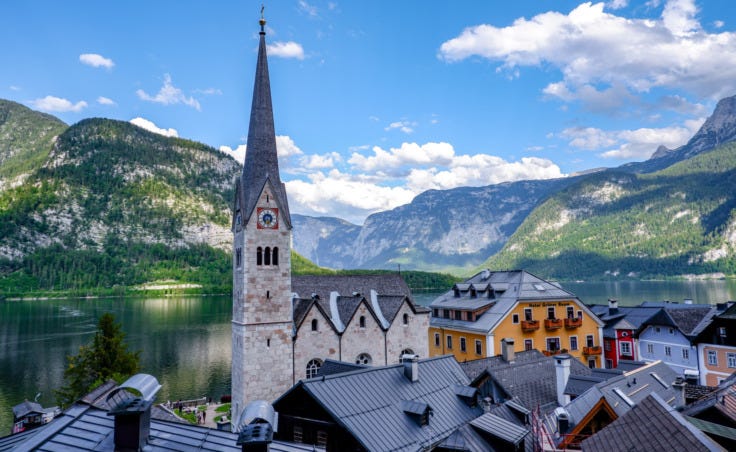

Ok so $400.000 is $400,000? Just clarifying because we use the comma. The decimal point would make it $400!